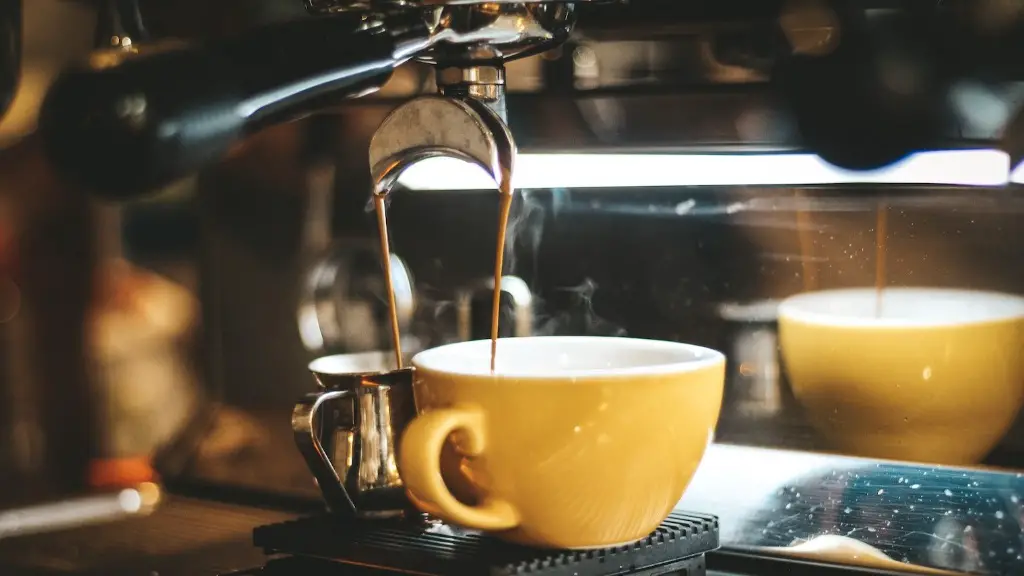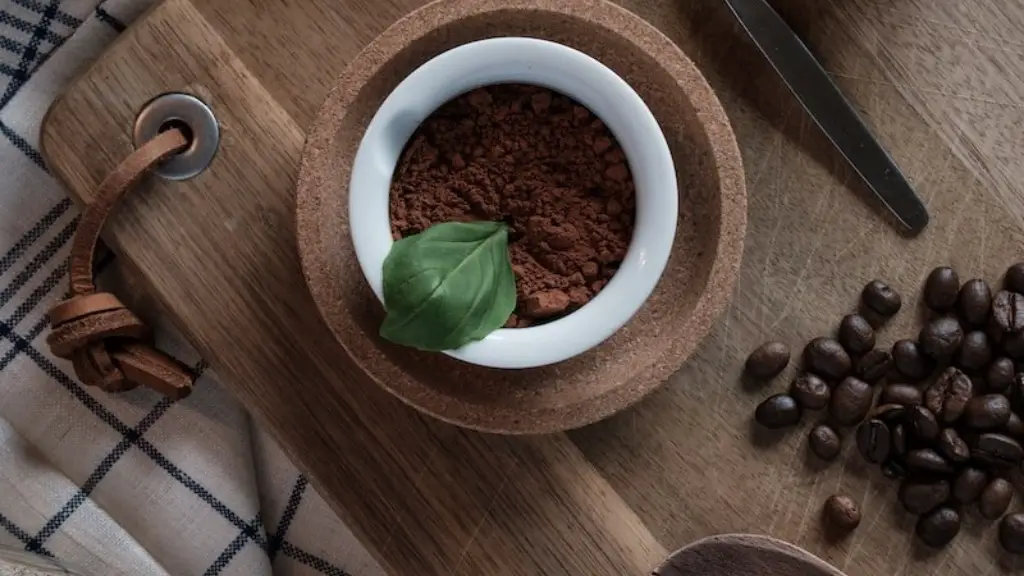Background Information
Coffee is consumed widely around the world, with a third of adults in the UK drinking at least three cups a day. It is a hot beverage that contains caffeine and different levels of acidity. For people with chronic kidney disease or who are undergoing dialysis, drinking coffee can be a source of fear as acid is known to contribute to the onset of kidney stones or other similar conditions. It is thus essential for people to weigh the pros and cons of drinking coffee while on dialysis.
Diet Considerations
People who take part in dialysis are required to adhere to certain dietary guidelines. It is especially important to limit the intake of sodium, potassium, and phosphorus. Coffee has a low potassium content, however, it can cause the body to excrete potassium more quickly, so it is important to be aware of the intake of other foods that can cause this as well. The risk of developing kidney stones is also reduced if dietary guidelines are followed, which makes coffee consumption more complicated, as drinking coffee without any form of moderation could lead to an increased risk.
How Much Coffee Is Too Much?
The amount of coffee that a person can drink while on dialysis largely depends on the individual. Obtaining advice from a doctor is essential, and generally speaking, 200ml of coffee per day is considered a safe amount. It must also be noted that, for those undergoing dialysis, coffee intake should be less than those who do not suffer from chronic kidney issues. Drinking more than 200ml of coffee is not recommended, as studies have found that it can contribute to an increased risk of developing kidney stones, hypertension, and arrhythmias.
Caffeine and Dialysis
Coffee contains a large amount of caffeine, and this is something that can be detrimental to a person on dialysis. Excess caffeine can trigger adverse side effects such as headache and nausea, and can also interfere with regular dialysis treatments, as it can reduce the amount of fluid removed from the body, causing a build-up in the bloodstream and increased risk of hypertension. The effects of caffeine can also last for hours after its consumption, so it is best to limit the amount of caffeine that is ingested while on dialysis.
What Are The Alternatives?
For those who want to get the benefits of coffee without drinking it, decaffeinated coffee is an option. Another great alternative is herbal tea, which can provide the same energy boost as coffee but is far less acidic and does not contain any caffeine. In addition to this, there are a number of specialty drinks available on the market. A great source of essential nutrients and electrolytes, these drinks can help to keep a person on dialysis in good health and can also provide a much-needed energy boost.
The Benefits of Drinking Coffee on Dialysis
Despite the drawbacks of drinking coffee on dialysis, there are some benefits. For one, it can help boost energy levels, as it is a stimulant. Drinking coffee can also help to reduce stress levels, improve alertness, and even potentially reduce the risk of developing certain types of cancers. Coffee is also a great source of antioxidants, and although the acidity levels can be dangerous, they can also help to reduce inflammation. This is especially important for those on dialysis, as inflammation can lead to increased risks of infection and other complications.
Conclusion
Getting professional advice before deciding to drink coffee while on dialysis is essential. Each person has different requirements and needs, and what is safe and beneficial for one person might not be the same for another. Drinking coffee on a regular basis is not recommended, however, there are still ways to get an energy boost or other benefits without consuming too much coffee. Ultimately, the decision must be based on individual preferences and the advice of healthcare professionals.

